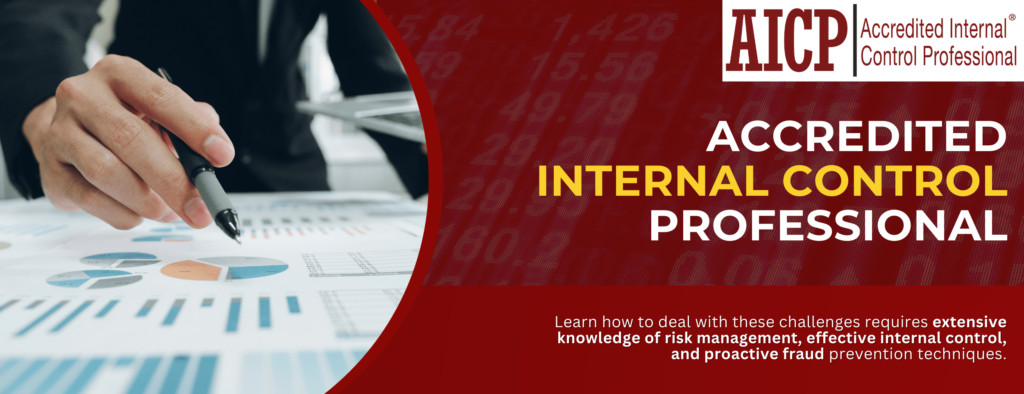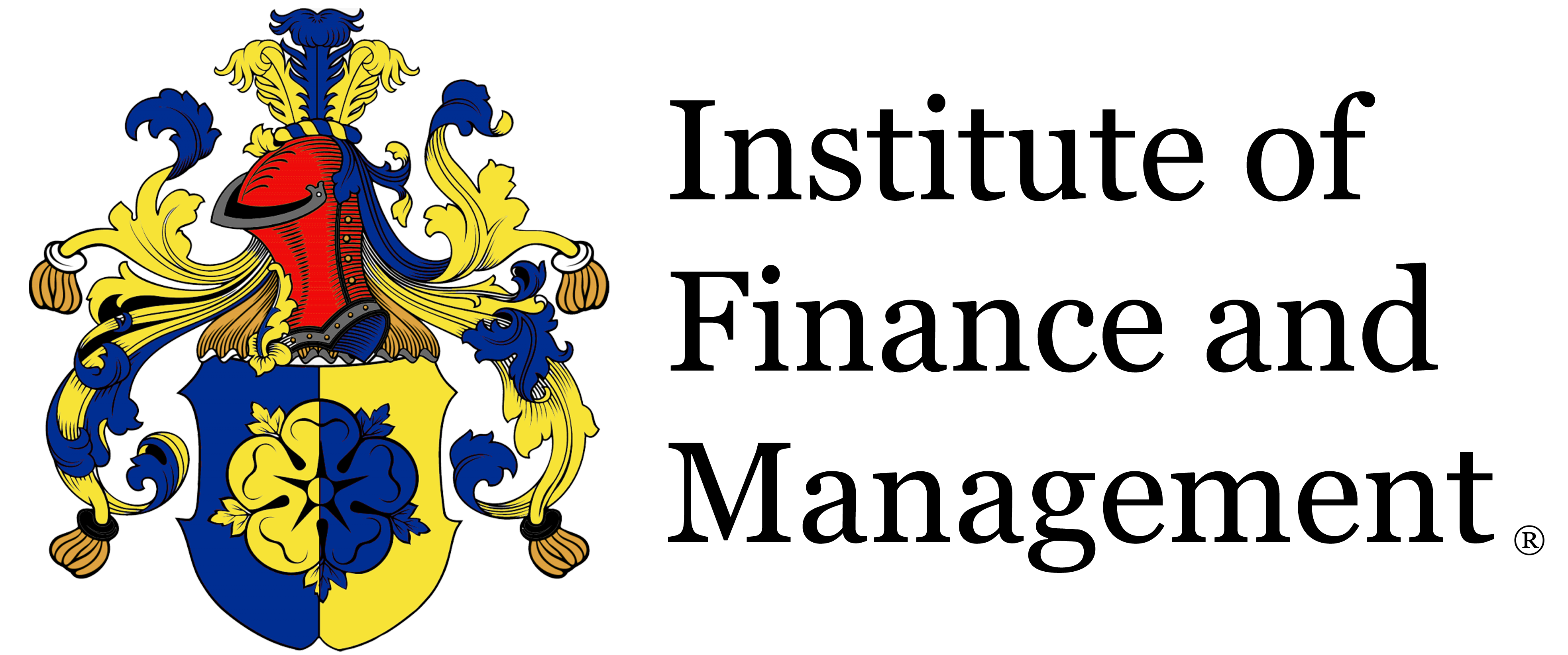
OVERVIEW
Become an Accredited Internal Control Professional
This online training program will look at the Internal Controls environment and the roles of the respective stakeholders in monitoring, evaluating, and the implementation of internal controls best practices and the impact thereof on external auditors in audit planning, performance, and reporting.
Learning Objectives
By the end of this course, you will be able to:
- Implement controls in the accounting processes
- Assign functions and roles within the accounting department to maximize controls while optimizing performance
- Assist in designing corporate business cycles to achieve better controls
- Achieve segregation of duties and internal controls in the accounting department and related functions
- Increase reliability on processes and decrease the likelihood of fraud through the organization
- Comply with external reporting requirements by governmental and semi-governmental authorities
- Develop operational policies and procedures in accordance with internal control requirement
- Design and maintain financial controls
Who Should Attend?
This online training course is designed for those that have practical knowledge of audit procedures, who have been involved in their organization’s audit process or who wish to broaden their professional technical skills. It would suit the following:
- External auditors who wish to develop their technical skills and compliance
- Internal auditors who wish to understand their role in the audit process
- Accountants who wish to understand the scope of the audit and their role
- Financial executives who wish to gain a better understanding of the regulatory audit environment
- Any other professional involved in the preparation for the audit process or the conducting of audit procedures
Body of knowledge
Internal control professionals often work in areas related to risk management, governance, and compliance within organizations. Below is a general outline of the key areas that will be covered in a certification program or training for professionals specializing in internal controls:
Internal Control Frameworks:
• Understanding and applying widely recognized internal control frameworks such as COSO (Committee of Sponsoring Organizations of the Treadway Commission) or other relevant frameworks.
Risk Management:
• Identifying, assessing, and managing risks within an organization.
• Developing risk management strategies and implementing risk mitigation measures.
Governance and Compliance:
• Understanding corporate governance principles.
• Ensuring compliance with relevant laws, regulations, and industry standards.
Internal Audit:
• Principles of internal auditing.
• Conducting internal audits to assess the effectiveness of internal controls.
Process Documentation and Mapping:
• Documenting and mapping business processes.
• Identifying key control points within processes.
Fraud Prevention and Detection:
• Implementing measures to prevent and detect fraudulent activities.
• Conducting investigations and implementing anti-fraud controls.
Information Systems and Technology Controls:
• Ensuring the security and effectiveness of information systems controls.
• Assessing IT risks and implementing controls in technology-dependent environments.
Communication and Reporting:
• Effectively communicating internal control findings and recommendations to relevant stakeholders.
• Preparing reports for management and external auditors.
Quality Assurance and Continuous Improvement:
• Implementing quality assurance processes for internal control activities.
• Continuous improvement of internal control systems.
Ethics and Professional Conduct:
• Adhering to ethical standards in internal control practices.
• Upholding the highest standards of professionalism.
Legal and Regulatory Environment:
• Staying informed about relevant laws, regulations, and industry standards.
• Ensuring internal controls align with legal and regulatory requirements.
Training and Education:
• Providing training and education to employees on internal control policies and procedures.
• Promoting a culture of awareness and accountability.
